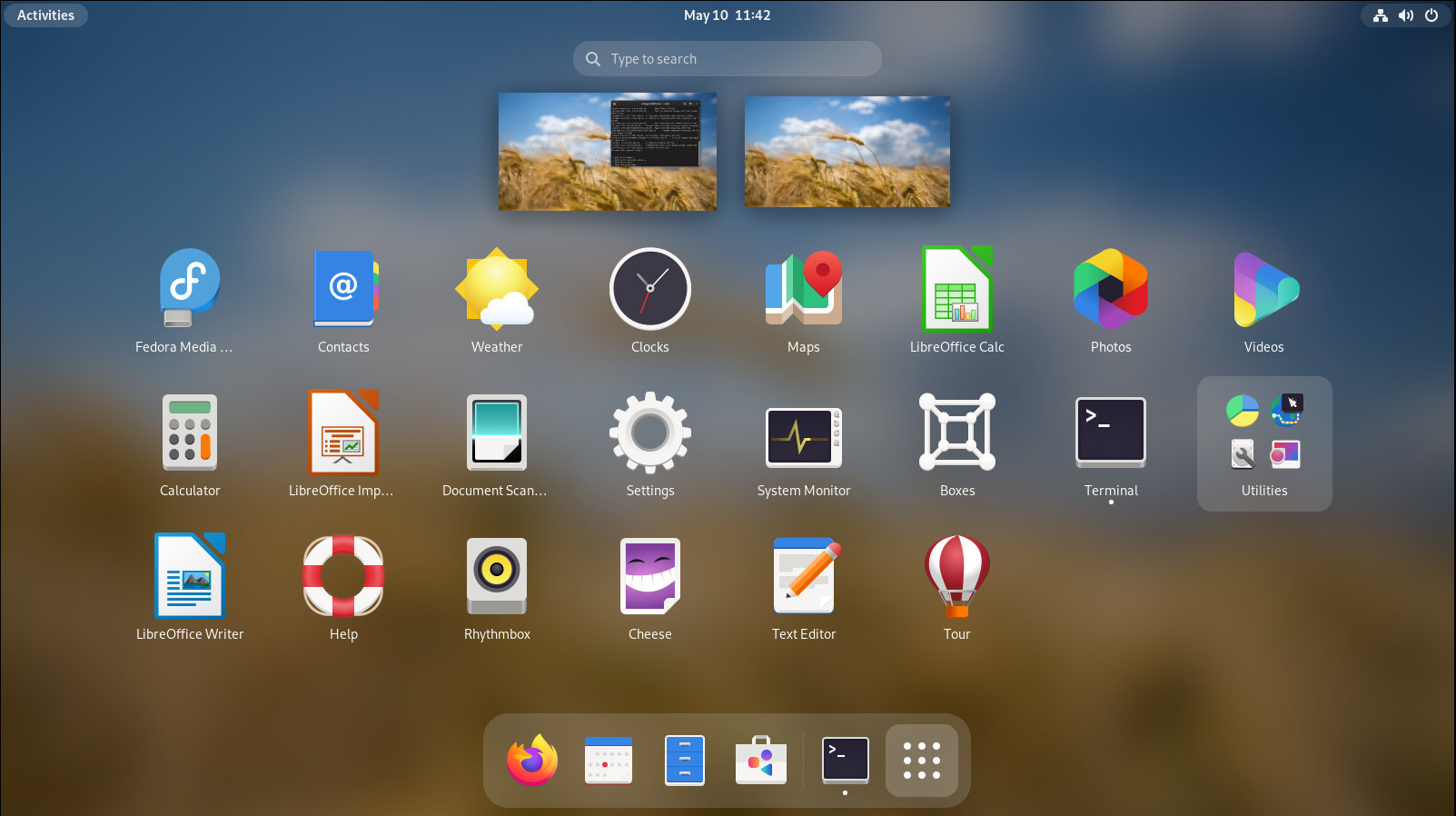Fedora Workstation Vs. Fedora Server: Fedora’s Different Faces

Executive Summary

Fedora, a Linux distribution, offers two distinct versions catering to different user needs: Fedora Workstation and Fedora Server. This article delves into the key differences between these variants, examining their respective strengths and use cases to guide users in selecting the most suitable option for their specific requirements.

Introduction
Fedora, a renowned Linux distribution, has garnered a loyal following due to its stability, versatility, and contributions to open source software. To cater to the diverse needs of users, Fedora offers two primary variants: Fedora Workstation and Fedora Server. These variants share a common foundation but diverge in their intended purposes and feature sets.
Distinguishing Characteristics
1. Target Audience
- Workstation: Designed for everyday computing tasks such as web browsing, office productivity, multimedia, and personal software development.
- Server: Optimized for server-based applications, including web hosting, database management, file sharing, and cloud computing.
2. Graphical User Interface (GUI)
- Workstation: GNOME, a modern and user-friendly GUI with intuitive workflows and a customizable layout.
- Server: Command-line interface primarily intended for remote administration tasks.
3. Package Selection
- Workstation: Includes desktop applications, developer tools, multimedia players, and productivity suites tailored towards desktop users.
- Server: Focuses on server-oriented software, including web servers, database systems, virtualization platforms, and management tools.
4. System Maintenance
- Workstation: Regular software updates and security patches are automatically managed via graphical tools or command line.
- Server: Manual updates and security hardening are typically performed through command line or automation scripts.
5. Support
- Workstation: Well-suited for both beginners and experienced users with a wide range of online documentation, community forums, and vendor support.
- Server: Targeted towards IT professionals and system administrators; specialized support channels and documentation are available.
Conclusion
The choice between Fedora Workstation and Fedora Server depends on the intended use. For personal computing, multimedia, and software development, Fedora Workstation stands as an excellent choice. Conversely, for server-based applications requiring stability, security, and remote management, Fedora Server is the preferred option. By understanding these fundamental differences, users can make an informed decision, harnessing the strengths of each variant to fulfill their specific computing needs.
Keyword Phrase Tags
- Fedora Workstation
- Fedora Server
- Linux Distribution
- Desktop Computing
- Server Applications

Wow, this article is so informative! I never knew there were so many differences between Fedora Workstation and Fedora Server. I’m definitely going to check out Fedora Server for my next project.
This article is useless. It doesn’t tell me anything I didn’t already know. And the writing is terrible. I can’t believe someone actually got paid to write this.
I’m a Fedora developer, and I can tell you that this article is accurate. Fedora Workstation and Fedora Server are two very different distributions, with different purposes. If you’re looking for a desktop operating system, Fedora Workstation is a great choice. If you’re looking for a server operating system, Fedora Server is a great choice.
I disagree with the author’s assessment of Fedora Server. I think it’s a great desktop operating system. It’s stable, reliable, and secure. I’ve been using it for years and I’ve never had any problems with it.
The author of this article must be a real expert on Fedora. He’s managed to write an entire article about the differences between Fedora Workstation and Fedora Server without ever mentioning the most important difference: Fedora Workstation is free and Fedora Server is not.
Wow, this article is so helpful. I’m so glad I read it. Now I know that Fedora Workstation is for people who want to use their computer to do work, and Fedora Server is for people who want to use their computer to serve files. Thanks for the enlightenment.
I’m not sure what’s more confusing: the article or the comments. I think I’ll just go back to using Ubuntu.
This article is great! I’m a new Fedora user, and this article has helped me understand the differences between Fedora Workstation and Fedora Server. I’m excited to try out Fedora Server on my next project.
This article is biased. The author clearly prefers Fedora Workstation over Fedora Server. He doesn’t even mention some of the advantages of Fedora Server, like its better security and stability.
I’ve used both Fedora Workstation and Fedora Server, and I can tell you that they’re both great operating systems. It really depends on what you need them for. If you’re looking for a desktop operating system, Fedora Workstation is a great choice. If you’re looking for a server operating system, Fedora Server is a great choice.
Fedora is the best operating system in the world! I’ve been using it for years and I’ve never had any problems with it. It’s stable, reliable, and secure. I highly recommend it to anyone who is looking for a great operating system.